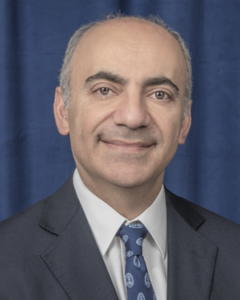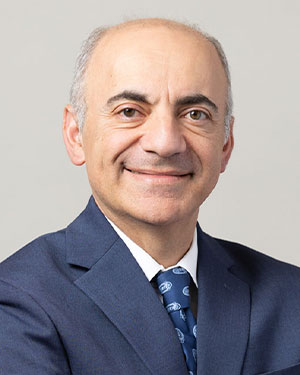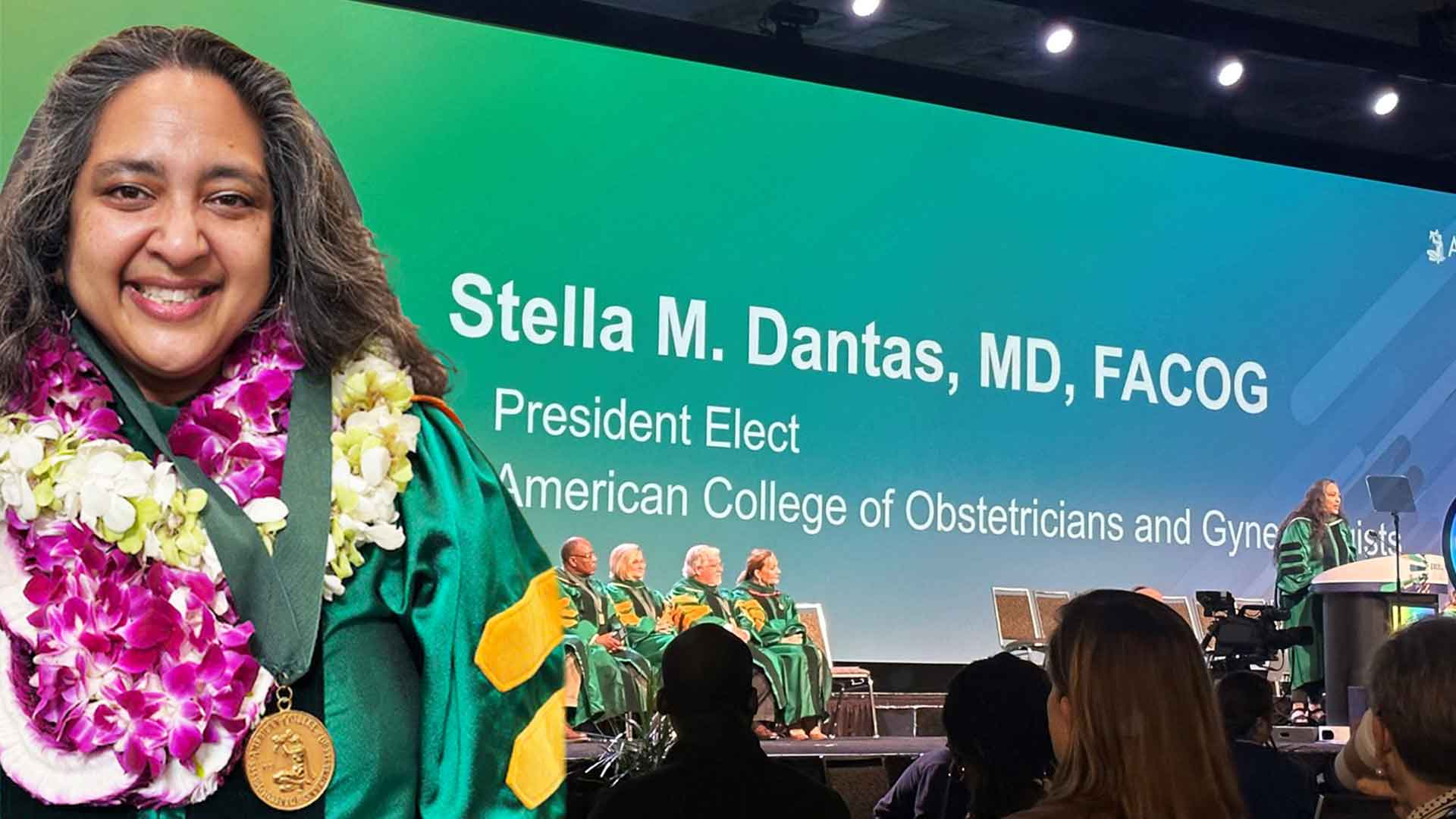Ramin Davidoff, MD, on value-based care and how it benefits older adults.
Ramin Davidoff, MD, reinforces need for a safe workplace for health care workers
In light of recent gun violence across the country, Becker’s Hospital Review interviewed 5 health care industry leaders – including Permanente physician leader Ramin Davidoff, MD – about workplace violence at health care facilities and the effects on physicians and other health care workers.

Gun violence is top of mind after the Uvalde, Texas, school shooting and this week’s July Fourth parade shooting in Highland Park, Illinois. A hospital campus in Tulsa, Oklahoma, was also recently targeted where 5 people were killed by a shooter, including a physician.
Dr. Davidoff, co-CEO of The Permanente Federation, encouraged health organizations to consider the “psychological injury” clinicians experience as a result of anxiety over workplace violence from guns and from physical abuse. In the last 2 years of the pandemic, some patients have lashed out against health care workers over topics like masks or vaccines.
“It’s something that health care organizations really need to pay attention to,” he said, “helping provide the most secure and safe environment for clinical staff, so that they can be who they are, and they can provide the best possible care for our patients.”
Related story: Ramin Davidoff, MD, shares his career journey with Managed Healthcare Executive
Kaiser Permanente is committed to addressing the long-term health implications of firearm violence in society, recently announcing the creation of a Center for Gun Violence Research and Education that will focus on firearm violence prevention.
Dr. Davidoff, who also serves as executive medical director and chair, Southern California Permanente Medical Group, and chair and CEO of The Southeast Permanente Medical Group and Hawaii Permanente Medical Group, said in the Becker’s article that clinicians deserve a safe and respectful workplace to do their jobs of caring for patients.
“It’s difficult for nurses and doctors and other clinical staff,” he said, “to provide high-quality patient care when they’re constantly worried about their personal safety, or they’re distracted by disruptive patients or family members, or even have been traumatized from fire [or] violent interactions.”
Note: Read the full article at Becker’s Hospital Review.
Related story: PermanenteDocs Chat on talking to children about violence in our communities


